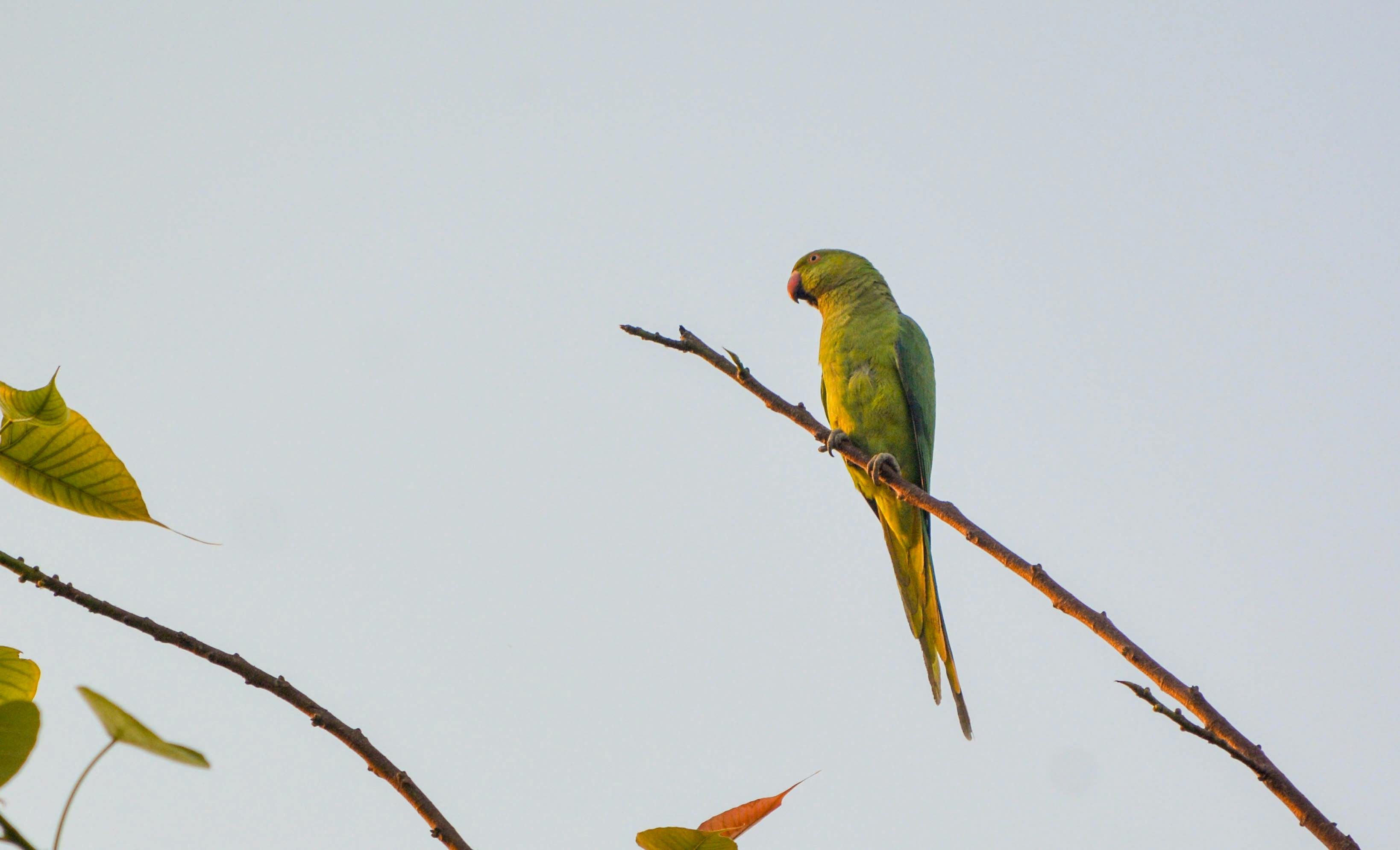Smart Ways to Enhance Your Pond Fish Feeder Experience in 2025

Smart Ways to Enhance Your Pond Fish Feeder Experience in 2025
Pond fish feeders have revolutionized the way aquarists and pond enthusiasts manage feeding for their aquatic pets. With advancements in technology and efficiency, the market offers an array of options designed to simplify and optimize fish feeding. As we move forward into 2025, the evolution of these feeders means there are smarter ways to enhance your experience, ensuring your fish receive optimal nutrition while contributing to a healthy pond ecosystem. In this article, we’ll explore various types of pond fish feeders available today, their advanced features, and how these improvements impact fish feeding behavior, health, and maintenance.
Whether you have koi, goldfish, or other pond species, understanding the advantages of an automatic pond fish feeder or exploring the eco-friendly pond fish feeder options can significantly improve your pond management approach. Let's dive into the innovative features and benefits of modern fish feeder solutions.
Understanding the Benefits of Automatic Pond Fish Feeders
Automatic pond fish feeders have become indispensable tools for pond owners, especially for those with busy schedules or complex feeding routines. With the ability to program feeding times and quantities, they ensure that fish receive a consistent and balanced diet without manual intervention. This not only saves time but also prevents overfeeding, which can lead to water quality issues.
The Convenience of Programmable Fish Feeders
Programmable pond fish feeders allow users to set specific feeding schedules that coincide with fish feeding habits. This feature is particularly important for species like koi, which thrive on regular feeding times. With programmable options, fish owners can ensure their fish receive the best fish food at optimal intervals, enhancing growth and health.
Exploring Solar-Powered and Battery-Operated Feeders
As sustainability takes precedence, solar pond fish feeders are emerging as an eco-friendly solution. Utilizing renewable energy, these feeders minimize carbon footprints while providing a steady feeding schedule. Battery-powered fish feeders, on the other hand, offer flexibility and convenience, key attributes for anyone managing a pond without electrical access.
Remote-Controlled Feeding Solutions
Imagine being able to control your fish feeder from anywhere! Remote control fish feeders provide precisely that, allowing pond owners to adjust settings or dispensing schedules from their smartphones or dedicated devices. This feature can be particularly valuable during special occasions, ensuring your fish are fed even when you are away.
Adjustable and High-Capacity Feeders
High-capacity fish feeders cater to larger ponds or multiple fish species, allowing for bulk feeding with minimal refills. Adjustable fish feeders enhance customization; their flexibility means you can tailor the amount of food dispensed according to the needs of your specific herd, promoting healthier fish while optimizing food usage.
The Importance of Fish Feeding Systems for Pond Health
A continuous fish feeding system is critical to maintaining a balanced aquatic ecosystem. These systems not only focus on delivering food but also consider the overall health of the pond. Ensuring that the pond fish feeding equipment works harmoniously with the pond's natural ecosystem can vastly improve fish health and growth rates.
Best Practices for Using Your Pond Fish Feeder
Integrating a fish feeding system into your pond management requires an understanding of best practices. Employing the right strategies can lead to improved fish welfare and reduced waste in your pond.
Establishing a Feeding Schedule
Creating a consistent pond fish feeding schedule is essential in managing the diet of your fish. Regular feeding helps to attune fish behavior to specific times, encouraging them to come to the feeding zones, which facilitates better observation and health assessments.
Choosing the Right Fish Food
Selecting the best fish food for ponds plays a critical role in fish nutrition. Opt for high-quality fish food that meets the dietary needs of your specific species. This ensures adequate nutrient absorption and promotes optimal growth rates, reflecting significantly on overall pond health.
Monitoring Fish Behavior and Growth
Understanding fish feeding habits and observing their behavior during feeding times can provide insights into their health and dietary needs. Tools such as fish feeders equipped with sensors can contribute valuable data that allow for adjustments in feeding strategies and types of food used.
Regular Maintenance of Fish Feeders
Fish feeder maintenance is crucial for long-lasting equipment operation. Regular cleaning and checks can prevent clogging and ensure the feeder dispenses food accurately. Implementing a maintenance schedule can prolong the lifespan of your feeder and enhance its effectiveness in feeding your pond fish.
Engaging with Advanced Feeding Technology
Adopting advancements in feeding technology can significantly enhance your pond management experience. From automated feeding systems to machine learning applications, these technologies offer data-driven solutions and insights, making the feeding experience not just simpler but smarter.
Choosing the Right Fish Feeder: A Comprehensive Guide
With myriad fish feeder options available, selecting the right one for your pond can seem daunting. However, an informed decision can greatly improve your overall pond management experience.
Evaluating Fish Feeder Types
Determining the best fish feeder involves understanding the various types available on the market. From floating fish feeders for ponds to adjustable options, each has distinct features catering to different needs. Assessing your pond's specific conditions, including size and fish species, will help narrow down the choices.
Understanding Environmental Factors
Pond water temperature, seasonal changes, and aquatic plant growth can all influence fish dietary needs. Using a fish feeding system designed to adapt to these environmental conditions can optimize feeding strategies and ultimately lead to fish growth optimization.
Customizing Your Feeder for Specific Species
Some feeders allow customization options to tailor feeding for different fish species in your pond. For instance, koi may require high protein diets, while comets thrive on a varied diet including staples and treats. A customizable fish feeder can ensure that each type receives adequate nutrition.
Prioritizing Durability and Reliability
Investing in a reliable fish feeder for ponds is crucial. Look for options that emphasize durability and low maintenance. Ensuring the feeder is constructed from quality materials will minimize the need for constant replacements and repairs, saving time and costs long-term.
Exploring Innovative Feeding Solutions
As we look forward to regional advancements in aquaculture, innovative fish feeders are integrating pump technologies, automated data capture, and user-friendly applications. Being at the forefront of such innovations not only streamlines feeding but also enhances the entire pond experience.
Future Trends in Pond Fish Feeding Technology
The future of pond fish feeders is undeniably bright, with emerging trends showcasing innovations that promise to further enhance the feeding experience.
Smart Technology in Aquaculture
Machine learning and adaptive systems are starting to influence pond fish feeding technology. These innovations can optimize feeding times and types based on real-time fish behavior analysis, improving growth rates and health management.
Impact of Data-Driven Solutions
Advanced data capture technology can provide insights into feeding relationships and fish health, yielding improved nutritional strategies and tailored feeding regimens. Utilizing this data effectively can significantly advance fish health management practices.
Environmental Considerations in Feeder Design
With a growing awareness of environmental impacts, eco-friendly pond fish feeders are becoming mainstream. These feeders not only ensure minimal waste but also promote sustainable fish feeding practices aligned with biodiversity preservation.
Frequently Asked Questions About Pond Fish Feeders
What is the best pond fish feeder for koi fish?
The best fish feeder for koi ponds is typically one that offers programmable schedules, adjustable dispensing amounts, and durability against the elements. Feeders designed for high-capacity and combined with quality fish food can provide optimal nutrition for these selective feeders.
How can I customize my fish feeder for different species?
Many advanced feeders offer customization features, allowing you to set different feeding intervals and amounts based on the needs of various species. Utilize specific nutrient formulations as well to tailor the feeding experience during peak learning times.
What maintenance do pond fish feeders require?
Regular cleaning, checking mechanisms, and battery or solar cell maintenance are essential to ensure optimal operation of your fish feeder. Additionally, monitor food residue to prevent mold build-up in the dispenser.
Can automatic feeders improve pond health?
Yes! Automatic feeders reduce the risk of overfeeding, which prevents excess waste in the pond. They can be programmed to dispense appropriate amounts, maintaining the balance of nutrients in the water, which reflects positively on fish health.
What new trends are emerging in fish feeder technology?
Emerging trends in fish feeder technology involve the integration of smart features, data analytics, and eco-conscious designs. Look for feeders that enhance user experience through mobile apps or machine learning-based feeding adjustments.

